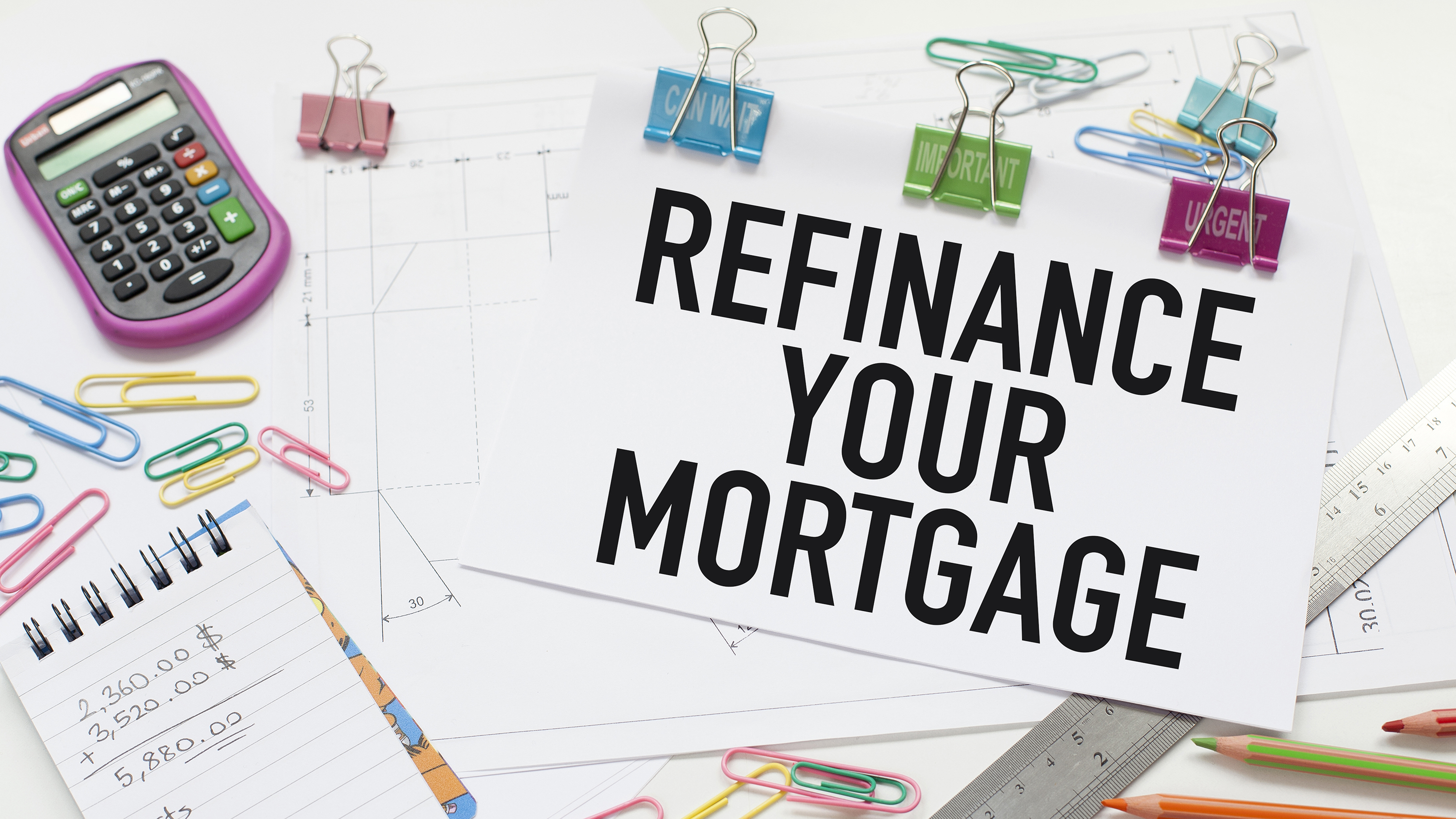All written content on this site is for info purposes just. Viewpoints revealed herein are exclusively those of AWM, unless otherwise particularly mentioned. Material presented is thought to be from reputable sources and no representations are made by our company as to another parties' informative precision or efficiency. All info or concepts supplied should be gone over in information with a consultant, accounting professional or legal counsel prior to execution.
Unless otherwise indicated, the use of 3rd party trademarks herein does not imply or indicate any relationship, sponsorship, or endorsement between Good Financial Cents and the owners of those hallmarks. Any recommendation in this site to third party hallmarks is to recognize the corresponding 3rd party products and/or services. Among the bigger advantages of this type of residential or commercial property is that you understand the requirements of the market and the marketplace may be easier to assess, as opposed to business http://finnwzgb313.image-perth.org/how-do-mortgages-work-in-ontario-for-beginners residential or commercial properties, such as a shopping center. Another advantage is that it may take a lower financial investment to begin, for instance, with a single-family house.
You may have the ability to buy in even more affordable if you have the ability to discover an appealing distressed residential or commercial property by means of a foreclosure. You'll usually have to put up a substantial deposit to begin, typically as much as 30 percent of the purchase price - which of these statements are not true about mortgages. So that may be prohibitive if you're just beginning and don't have a big bankroll yet.
Another drawback is that you'll require to handle the residential or commercial property and make choices regarding what requires updating, for example. While owning property is thought about a passive activity for tax purposes, it may wind up being anything however passive as a proprietor. And if a renter ducks out on rent, you still need to come up with the regular monthly payments, lest you go into default on the loan.
Those are some of the larger downsides, but proprietors have other ways to screw up, too. Historically low home mortgage rates might make this avenue more budget friendly than in the recent past. A 1031 exchange can also help you roll your investment into a brand-new one tax-free. Capital appreciation, growing rents and equity over time, 1031 tax-free exchangesHouse-flipping has actually ended up being more of a popular opportunity to buying genuine estate, and it requires a keen eye for value and more functional proficiency than ending up being a long-term proprietor.
The biggest advantage of this technique is that you can make a profit quicker than by handling your own property, however the knowledge required is likewise higher. Usually house-flippers find underestimated properties that require to be cleaned up or perhaps totally refurbished. They make the needed modifications, and then charge market worth for the homes, profiting on the difference in between their all-in cost (purchase cost, rehabilitation costs, etc.) and the sales cost.
The Buzz on How Much Is Tax On Debt Forgiveness Mortgages

They likewise require to estimate what a home can later on be sold for. Miscalculate, and their revenue might quickly evaporate, or even worse, turn into an outright loss. Or a house might not offer rapidly, and then the house-flipper is stuck paying any interest on a loan until a buyer can be found.
Plus, the closing expenses of a standard home mortgage are high. House-flipping in fact makes being a landlord feel like a passive activity. You'll need to manage a crew of people doing many if not all of the repairs, and you'll require to be the driving force in every deal guaranteeing that it gets done and comes in at the budget or listed below.

House-flippers can likewise benefit from 1031 tax-free exchanges if they roll the profits from one financial investment into another within a specific period and according to specific guidelines. Buying undervalued residential or commercial property and rehabbing, offering for more and repeating, 1031 tax-free exchangesUnlike previous alternatives, the next two methods to buy real estate truly are passive.
And you get to gather a dividend, too - which of the following is not an accurate statement regarding fha and va mortgages?. REITs have numerous advantages over traditional property investing, and might make the procedure a lot easier: Less cash needed to start, possibly just $20 or $30, depending upon the stock No inconveniences handling a home (e.g., no 3 a.m. phone calls) Extremely liquid, and REIT stocks can be sold on any day the marketplace is open Transaction expenses are $0, as brokers have slashed commissions Attractive long-lasting returns, averaging about 12 percent from 1998 to 2018 Regular quarterly dividends, with the very best REITs growing their payout in time Diversity, throughout many properties or even across realty sectors Nevertheless, investing in REITs is not without its own downsides.
So if the marketplace declines, REIT rates may go with it. That's less an issue for long-term financiers who can ride out a dip, but if you require to sell your stock, you might not get what it deserves at any single point in time. If you're buying individual REIT stocks, you'll require to analyze them thoroughly, using the tools of a professional expert.
These platforms help connect developers with investors aiming to money property and take advantage of what can be quite attractive potential returns. The big advantage for financiers here is the potential to get a cut of a profitable offer that they may not have been otherwise able to gain access to.
The Best Strategy To Use For Why Were The S&ls Stuck With Long-term, Non-liquid Mortgages In The 1980s?
These financial investments may pay money distributions, and may offer the capacity for returns that are uncorrelated to the economy, giving financiers a method to diversify their portfolio's direct exposure to market-based properties. These platforms do have some downsides, though. Some may accept just certified financiers (such as individuals with a net worth of $1 million or more), so it may not be possible to even utilize them if you don't currently have money.
That may appear expensive in a world where ETFs and mutual funds might charge as low as no percent for constructing a varied portfolio of stocks or bonds. While platforms might vet their investments, you'll need to do the exact same, which indicates you'll need the skills to examine the opportunity.
And unlike investments in a REIT and even your own rent home, as soon as a deal is completed and your investment is returned, you may have to find another offer to keep your portfolio growing. Capital appreciation, dividend or interest paymentsDoes purchasing property make good sense for you? You'll need to ask yourself what sort of investor you want to be.